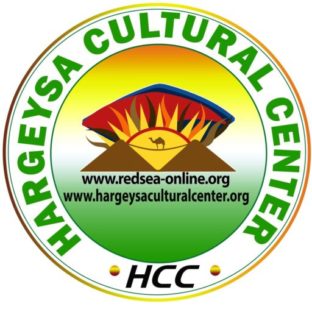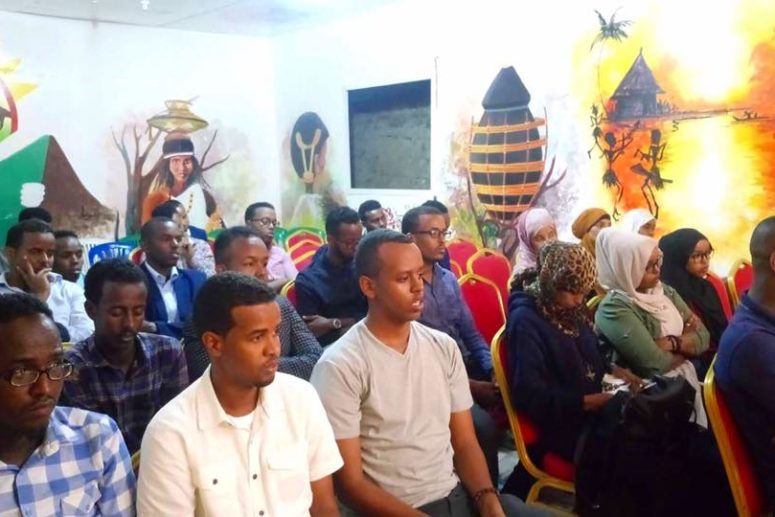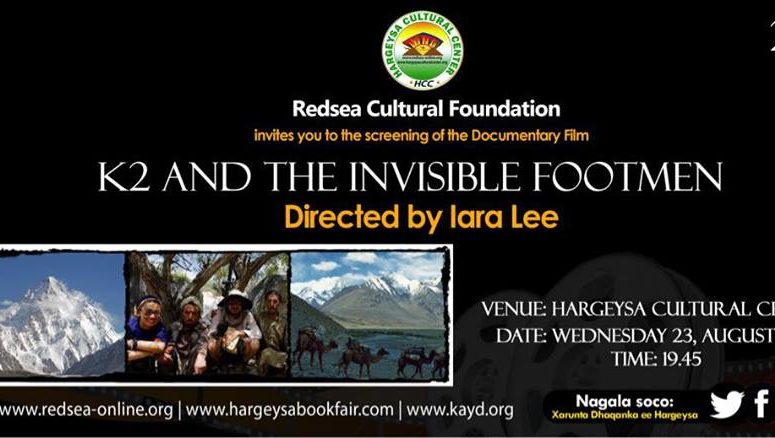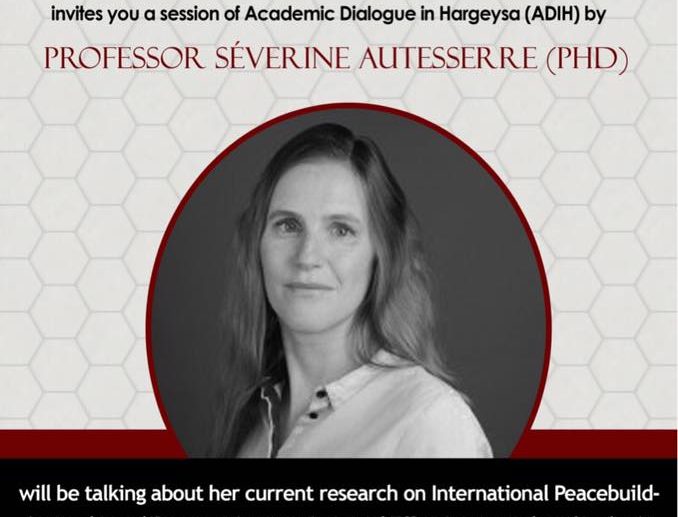Somaliland Presidential Elections: Political Context, Electoral Standards and anticipated challenges (Research area currently working on it as a policy brief)
Mohamed is a PhD student in Peace, Governance and Development at the United Nations University for Peace, Africa Program in Addis Ababa. He has Bachelor Business Administration BBA, Post Graduate Diploma Peace and Conflict Studies and Master’s Degree in International Relations and Diplomacy, Institute for Peace and Conflict Studies- University of Hargeisa. He is also the Executive Director of Somaliland Non State Actors Forum (SONSAF) the largest civil society policy platform in Somaliland that coordinates all non- state actors. He has 17 years working experiences in civil society, institutional development, governance, peace- building, conflict resolution, democratization and elections. He was leading the largest domestic election observation missions in Somaliland 2010 presidential elections, 2012 local council and political parties’ elections and 2016-2017 domestic observers of voter registration and upcoming presidential elections.
Summery
Somaliland has succeeded to recover its post- conflict political polarization through indigenous conflict resolution mechanisms and constitutionalism. It is notable that multilayered political and social conflicts resolved in between 1991-1997 without external assistances and this has contributed Somaliland to establish inclusive governance and political consensus which was the premise of power sharing and broader political and clans reconciliation.
From this standpoint, the upcoming presidential elections has attracted local and international views how Somaliland will prevail consistent, transparent, free and fair elections and there are important questions that the general public and intellectuals raised:
- What is current the political context, helpful or fragmented?
- Does Somaliland fulfill the electoral standards of regional and international levels?
- What is anticipated electoral constrains of the upcoming presidential elections?
- What are the electoral dispute mechanisms that Somaliland has?
In this debate the participants discussed the above thematic areas which are central to the electoral process by aligning the past experiences of the presidential elections that took place in Somaliland 2003, 2010. In this regard, there are some fundamental electoral aspects which are needed to exam and explore the possibilities of the post- election conflicts and what were the tools used in the past elections.



